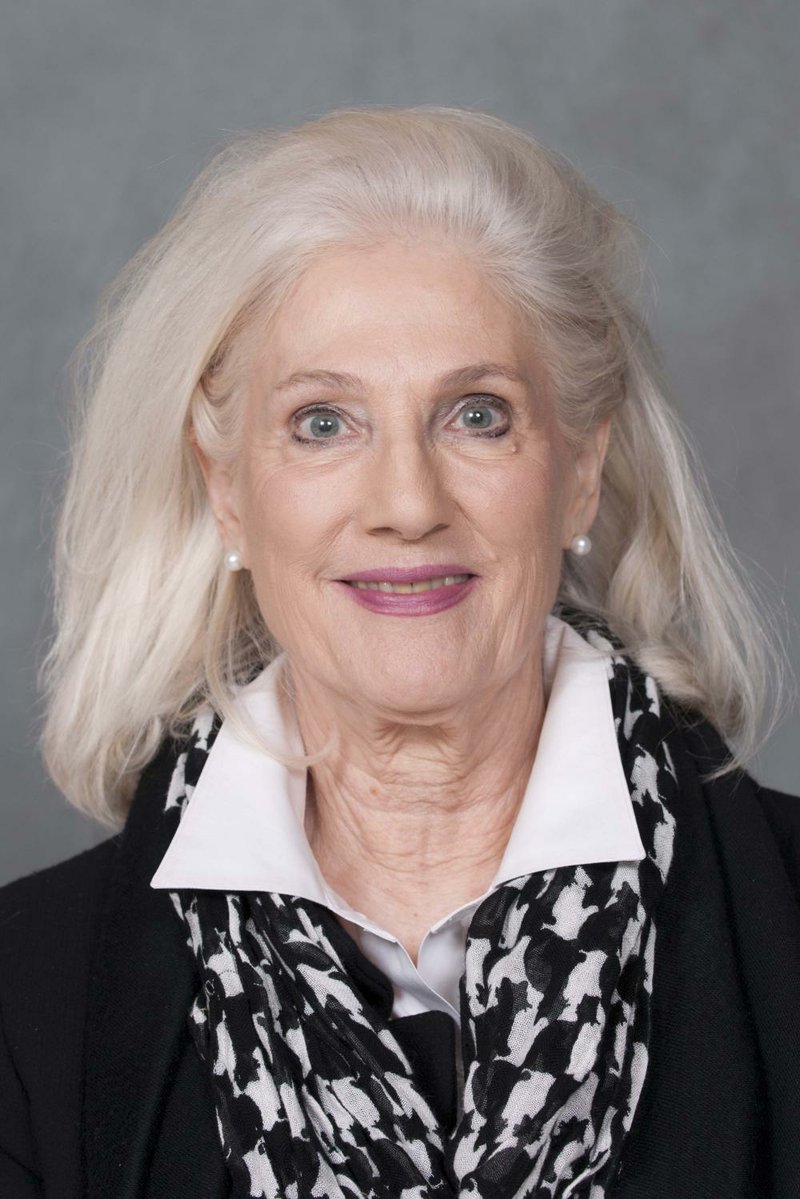The 6th Judicial Circuit judges on Thursday stopped the assignment of criminal cases to Judge Mary McGowan, a practice that had been criticized by Prosecuting Attorney Larry Jegley since it began at the first of the year.
The 6th Circuit covers Pulaski and Perry counties.
Although some judges were sympathetic to the prosecutor, there was also some concern the assignment decision should have been reported to the Arkansas Supreme Court, which must approve every court's caseload assignments.
McGowan said the change had been beneficial for the offenders in her court and did not appear to have been as much of a staffing problem for Jegley as he had predicted.
"This is so much more efficient," she said. "It gets people out of jail."
The judges met to decide whether they wanted to submit the change to the high court for approval.
Jegley had asked the judges to adhere to the previously approved written plan, which does not provide a criminal docket for McGowan.
And with no critical need to adjust the assignment plan, Judge Wendell Griffen said he didn't think the judges had sufficient grounds to justify to the high court the necessity of modifying the case assignments. Griffen has a part-time criminal caseload.
Judge Herb Wright, who had proposed the change last year, made Thursday's motion to halt criminal-case assignments to McGowan. Wright, one of the three full-time criminal-case judges, said it had created some scheduling difficulties in his court and management problems for prosecutors.
The vote to end McGowan's criminal caseload was done by voice vote among the 15 judges attending the meeting, with Vann Smith, the circuit's administrative judge, stating that a majority favored ending those criminal assignments.
The judges have not necessarily given up on assigning criminal cases to McGowan. She presides over the county's specialized courts that focus on providing treatment to drug-addicted offenders and to military veterans suffering from substance abuse or mental illness.
Those offenders, with the consent of the prosecutor, plead guilty to their charges and are then placed in an intensely monitored probation program. She was expected to receive 650 of those cases under the plan.
There was some interest in revisiting the question of McGowan's caseload next year when the judges have to prepare a new assignment plan for the Supreme Court. Smith said that might be the time for the judges to consider a complete "overhaul" of the assignment system, which could include an expansion of the drug and veterans courts that McGowan presides over.
Each of the state's 28 judicial circuits must submit its case assignment plan, representing a two-year period, to the high court for approval. The current plan went into effect in January and runs through December 2017.
The 6th Circuit plan, created last year using 2014 figures, anticipates at least 4,333 criminal cases to be divided among five judges, with three judges hearing only criminal cases and two with a part-time criminal docket.
But in January, with the unanimous consent of her colleagues, McGowan also began taking on criminal cases: new charges that the defendants already in her court had picked up.
Court records show that she had been assigned 169 criminal cases as of Thursday, which is about 14 percent of what the plan anticipates for a full-time criminal caseload of 1,191 cases. A part-time criminal docket would have 390 cases under the plan.
McGowan said because her criminal caseload was so small and did not directly affect other judges, it didn't necessarily need the Supreme Court's review. She said the judges had made a similar shift in the domestic-case assignments several years ago without having to submit the change for the high court's approval.
Taking on a criminal caseload has created efficiencies for the offenders in her court that have allowed them to resolve their cases faster, McGowan said. A study of the first 94 criminal cases she received showed that 52 had been resolved as of Thursday, she said.
Before she took on the criminal load, McGowan said some offenders in her court had to wait as long as 22 months for their criminal cases to be resolved, which factors into whether they can remain in treatment.
Acknowledging Jegley's complaints about staffing, McGowan said he's only assigned two additional prosecutors to her court.
She already has a full-time prosecutor and two public defenders. But Jegley said the change had effectively created a sixth criminal court when his office was set up to manage five courts.
"The additional cases docketed in Ninth Division [the McGowan court] have caused myriad management difficulties," he wrote. "As an officer of the court, I can assure everyone that the change in case assignments is problematic."
Both Jegley and Public Defender Bill Simpson said that assigning criminal cases to McGowan meant that their respective offices needed more attorneys.
Simpson has endorsed McGowan's criminal assignments in a letter to the judges, describing her "timely and efficient manner" in resolving cases
Jegley and Simpson have already appealed to Pulaski County commissioners to pay for the additional staff, but commissioners rebuffed their $110,312 funding request last summer.
In a letter to the judges, Simpson wrote that he has four deputies handling cases in her courtroom but said he was optimistic that Pulaski County would fund the extra position he'd asked for and asked for the judges to support his request.
Jegley wrote that he planned to petition the Legislature to create a new post when the General Assembly meets next year.
But he and Simpson said that, even if they got what they wanted, those new posts couldn't be filled until next summer.
Metro on 10/21/2016

